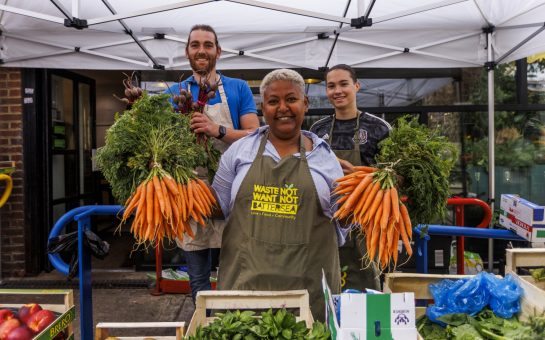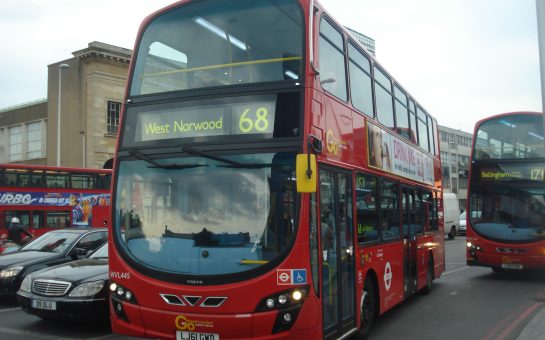SW Londoner’s Joel Durston examines the impact large retailers are having on independent bookshops.

Idly walking out of Putney Bridge station last week, I saw a shop – I wasn’t even entirely sure at that point – of which the windows were almost completely full of books.
Intrigued, I opened a large, old, forbidding, black door, which I didn’t even know was meant to be opened, and was greeted by wall upon wall and cupboard upon cupboard of books.
Now, I wouldn’t particularly class myself as a bibliophile, but even I was quite charmed by the whole passionate idiosyncrasy of Hurlingham Books, and picked up for a combined total of just £7 copies of The Audacity of Hope and The World According to Clarkson (possibly making me the first person ever to have bought those two books in combination).
In choosing the former, the owner had to come with me outside to pinpoint it and stand there with his finger on it while I went back inside and got the book. For better or for worse, you just don’t get that at Waterstones (personally, for better).
I – and another in the shop – had a bit of small-talk about the books I bought, and, when I said that I thought it was good places like this still existed, went on to his love for the business, which also includes a warehouse of a million books.
The shop’s appeal and how much more the staff cared about the business was made all the more clear when I went into a supermarket just ten minutes later.
The woman who served me there sullenly, robotically, and obviously at the request of her employers, said: “Do you want this Dairy Milk for a pound?”
The numbers of independent retailers has waned in the past 10-20 years especially in recent years as retailers have struggled with typically lower and more selective spending from customers coupled with higher prices from councils and companies who are themselves stretched.
While it is certainly true the downturn has affected all types of businesses, ‘chain’ and franchise businesses have, broadly speaking, had the finances to weather the proverbial storm more, by having the saved finance to undercut competitors’ prices and pay overheads and wages even when revenue currently match it.
However, independent retailers seem to be making a fightback; in 2009 twice as many closed as opened, in 2010 for every four independent retailers that closed three opened, and in 2011 the ratio was, approximately, a promising 13 opening for every 14 closing.
It would be wrong to suggest retailing behemoths are the devil; they are easy and accessible, create thousands of attainable jobs for communities and often do good work with such things and schools and community projects.
However, at the risk of sounding achingly liberal, many people prefer when they are buying things to, in doing so, contribute to a craft/business which the people behind it do primarily for the love of it; rather than somewhat faceless, largely profit-driven organisations.
This is certainly the case with Hurlingham Books – often named the ‘best bookshop in London’ – and also with Copperfield’s Secondhand Bookshop in Wimbledon.
Jane Thubron, who runs the shop, said they face a lot of difficulty from bigger retailers, especially in terms of paperbacks, but says that they are “competitive” with supermarkets, which have only a limited choice, because they offer specialist and out-of-print books.
“Just like the butcher and everything else, the supermarket isn’t doing us any favours,” she added.
“It’s very difficult at the moment; there are hundreds of bookshops that have closed, and we’re hanging on in there by the skin of our teeth.
“I worry because I don’t think the economy has bottomed out yet. Things are very tight for us and I think we’ve got worse to come, really.”
She explained that they face further difficulties from the council charging them both business and domestic rates because of one small flat that is lived in upstairs (the whole shop is essentially a house, leading to an odd experience of looking at books in what is essentially someone’s kitchen).
But she did explain she enjoyed doing it and they get a good variety of visitors in the store.
So, if you want books – or music, films, food and such like – sold with a little more character and warmth, take heed of the sign which adorns Copperfield’s’ door: ‘support your independent retailer!’




